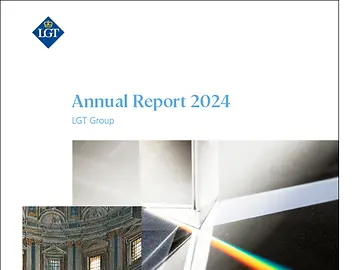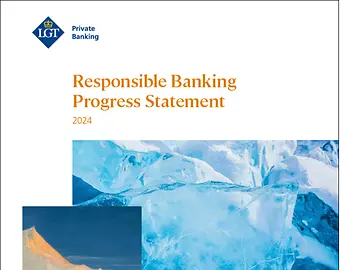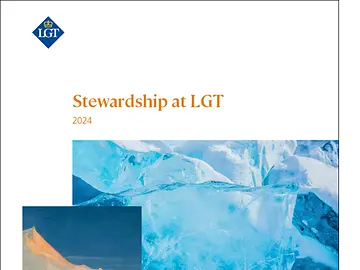- Home
-
Private banking
-
LGT career
-
Market view and Insights
Change your language and LGT location here.
The digital platform for private clients
Login LGT SmartBanking
The digital platform for financial intermediaries
Login LGT SmartBanking Pro
Answers to frequently asked questions (FAQ)
LGT SmartBanking Help
Answers to frequently asked questions (FAQ)
LGT SmartBanking Pro Help






